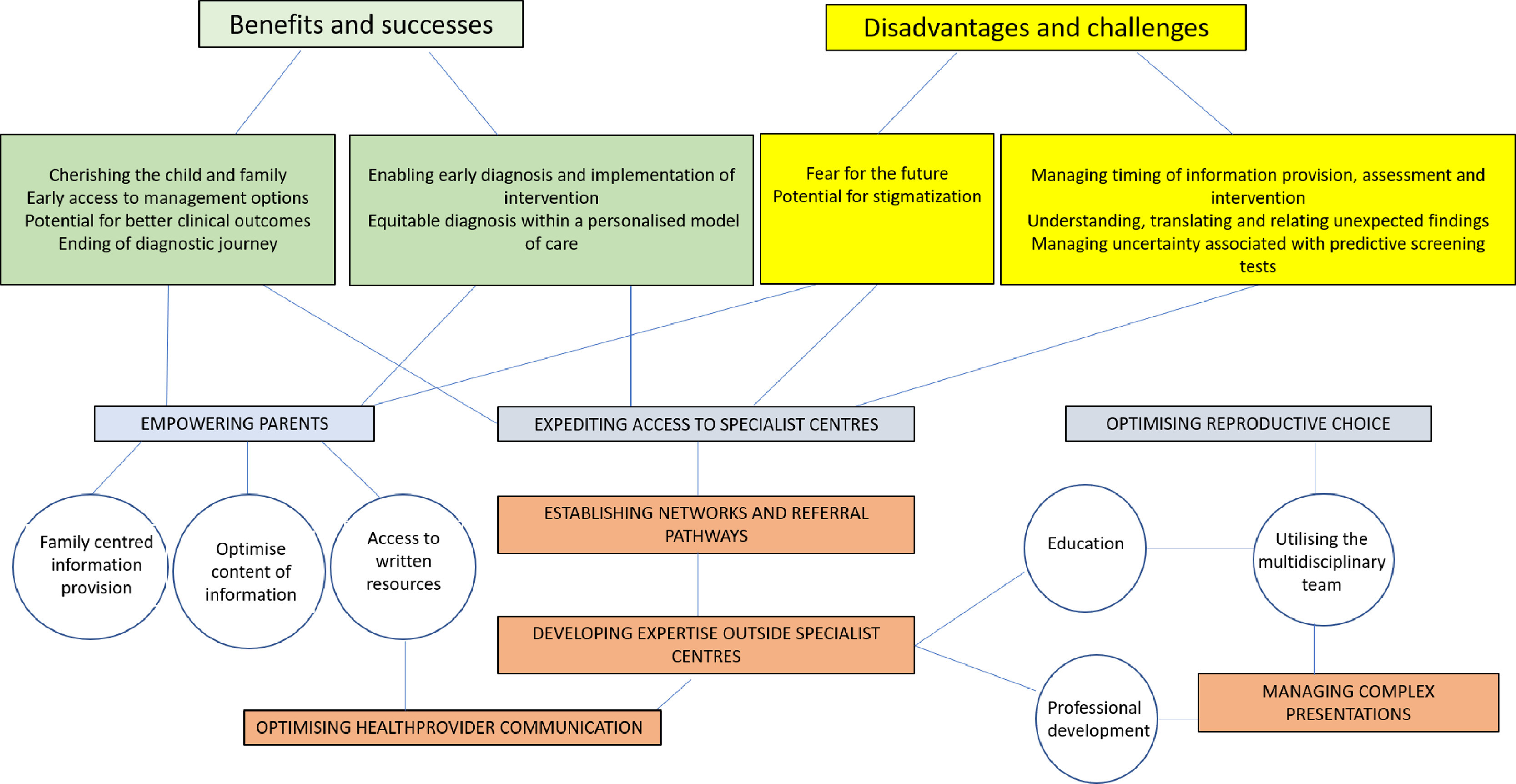Elsevier,
Energy and AI, Volume 3, March 2021
This article supports SDGs 7 and 9 by addressing the challenges in traditional material research methods. This will play a crucial role in the screening and structure-activity relationship modeling of advanced energy materials, accelerate the development of energy materials, support carbon neutrality goals, and provide new scientific discovery methods.
Elsevier,
Energy and AI, Volume 3, March 2021
This article supports SDGs 7, 9 and 11 by utilizing solar photovoltaic, wind energy, solar thermal energy, and battery energy storage, and the special emphasis is placed on the schedulable value of concentrated solar power generation to provide more economical and environmentally friendly energy supply, while integrating multiple renewable energy technologies through artificial intelligence technology to shape the future of cities.
Elsevier,
Free Radical Biology and Medicine, Volume 165, March 2021
Hematopoietic stem cells (HSCs) are responsible for life-long production of blood and immune cells. HSC transplantation (HSCT) is the original cell therapy which can cure hematological disorders but also has the potential to treat other diseases if technical and safety barriers are overcome. It is hoped that HSCT can become safe enough to treat non-life-threatening disorders like allergy, psychiatric disorders, HIV, and aging.
Elsevier,
Computer Methods and Programs in Biomedicine Update, Volume 1, 2021, 100005
Blood donation saves lives, and the communication between blood centers and donors plays a vital role in this. Smart apps are now considered an important communication tool, and could be best utilized in blood donation if they are designed to fit the users’ needs and preferences.
Current Research in Ecological and Social Psychology, Volume 2,2021,100008,
Limiting climate change requires effective policy solutions. In democratic societies, voting for candidates who support climate policy solutions is arguably the most important action citizens can take. Therefore, understanding the dynamics of global warming as a voting issue is crucial for building public and political will for climate solutions.
Elsevier,
EClinicalMedicine, Volume 33, March 2021
This Article supports SDG 3 by highlighting the benefits of equipping a wider (non-specialist) workforce to deal with the demands of population screening for rare diseases such as spinal muscular atrophy through education programmes and access to expert opinions.
Elsevier, The Lancet, Volume 397, 6 February 2021
The nature of armed conflict throughout the world is intensely dynamic. Consequently, the protection of non-combatants and the provision of humanitarian services must continually adapt to this changing conflict environment. Complex political affiliations, the systematic use of explosive weapons and sexual violence, and the use of new communication technology, including social media, have created new challenges for humanitarian actors in negotiating access to affected populations and security for their own personnel.
Elsevier,
Current Developments in Nutrition, Volume 5, 1 February 2021
Complementary Feeding (CF) involves an array of behaviors ranging from producing or purchasing food to preparing and feeding it to the child. Nutrition-specific and nutrition-sensitive interventions support different dimensions of improved CF, including dietary diversity, adequate frequency and daily intake, food hygiene, responsive feeding, and parenting practices. Beyond messages specific to what to feed young children, interventions to improve CF could address norms related to early child development; family dynamics; water, sanitation, and hygiene (WASH)


